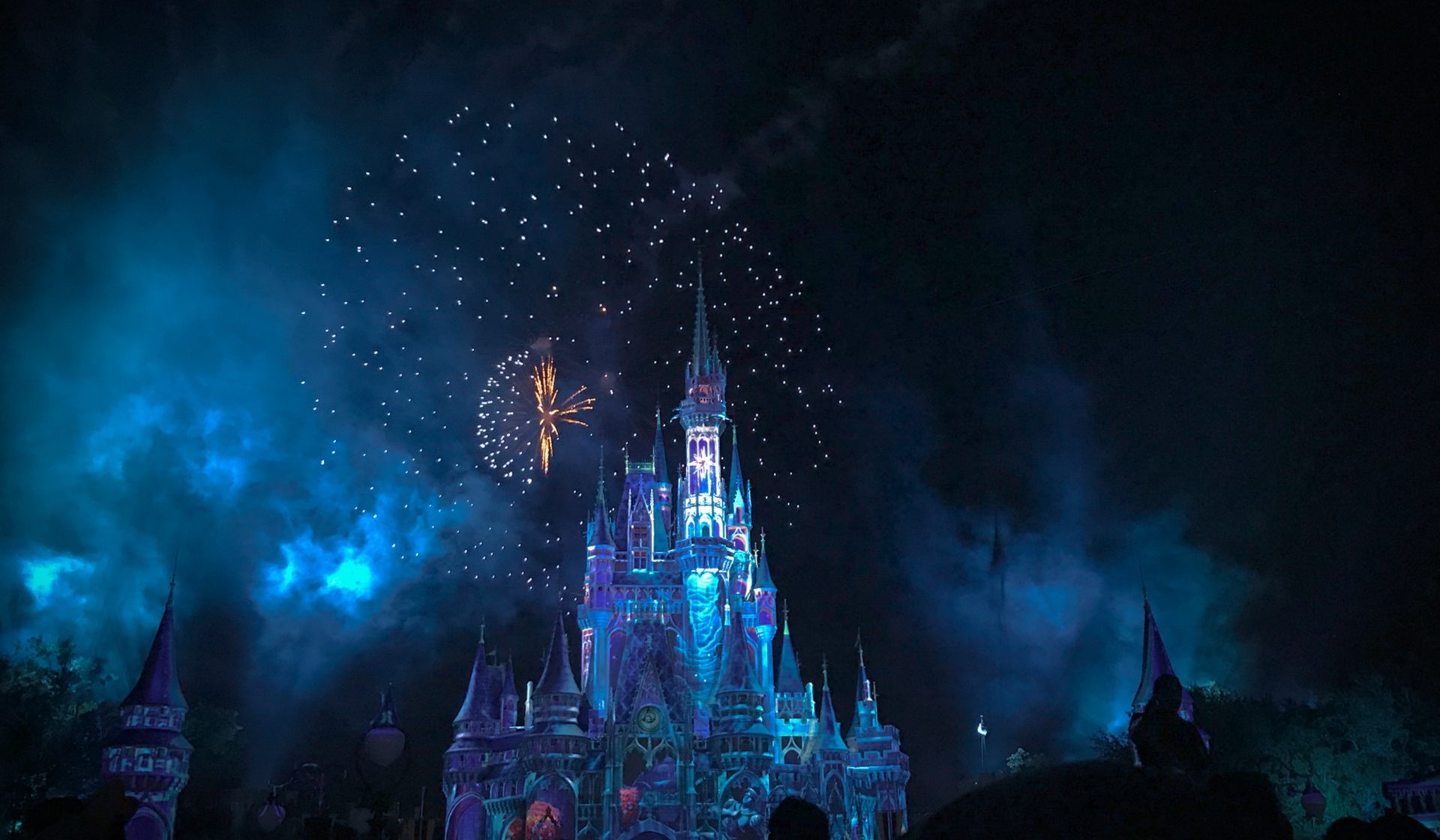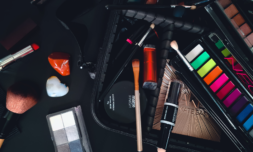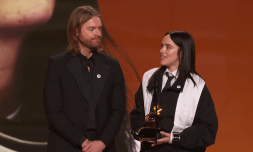The film that propelled Disney forward as an animation legend is getting a live action revamp. This time, Snow White is, well, not so white.
Rachel Zegler, the actress and singer known for playing Maria in Steven Spielberg’s remake of West Side Story, has been casted for the lead role of Snow White.
Born in America of a Colombian mother and Polish father, the colour of Zegler’s skin is being contested as inconsistent with the storyline for which the film’s main character is named after, who has ‘skin white as snow, lips red as blood, hair black as night’.
Rather predictably, when anything deemed ‘sacred’ or ‘classic’ is altered to modern times, there awaits a digital army ready to challenge it on social media.
The choice not to cast a typically white actress for Snow White, also known as ‘the fairest of them all’, has sparked some interesting hot takes that are worth being explored. General excitement, annoyance, and disappointment are just a few of the public’s attitudes, but not for the reasons you might think.
Positive and progressive
Let’s start on a high note. Like many who have heard the news, Zegler is obviously very excited about the opportunity to take on the role of one of Disney’s first and most iconic princesses.
Some took to Twitter to say they’re so happy about the decision that they didn’t even consider how the colour of Zegler’s skin would affect the plot of the story.
Those who did notice are convinced that the story’s focus on the fairness of Snow White’s skin will be tweaked or removed entirely – because the importance of how white she is feels so 1937 anyway.
Ultimately, the perception of this group is – congratulations, cool, and who cares about the details?
People are losing their minds that the live action Snow White film has cast a non-white actress. Why do people even care? It's a reimagined film based on a 80 year old cartoon, it's not that deep. It's just a truly bad take.
— Hannah Kate 💜 (@HannahKate19) June 24, 2021
https://twitter.com/JaniePReilly/status/1407410226995863556





















